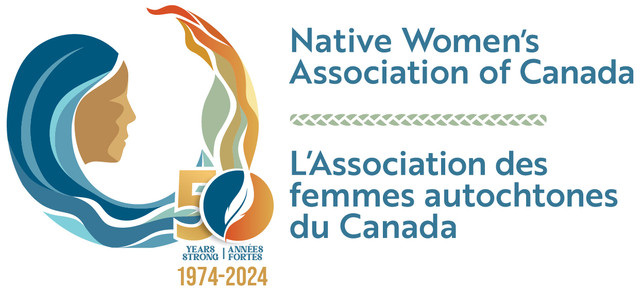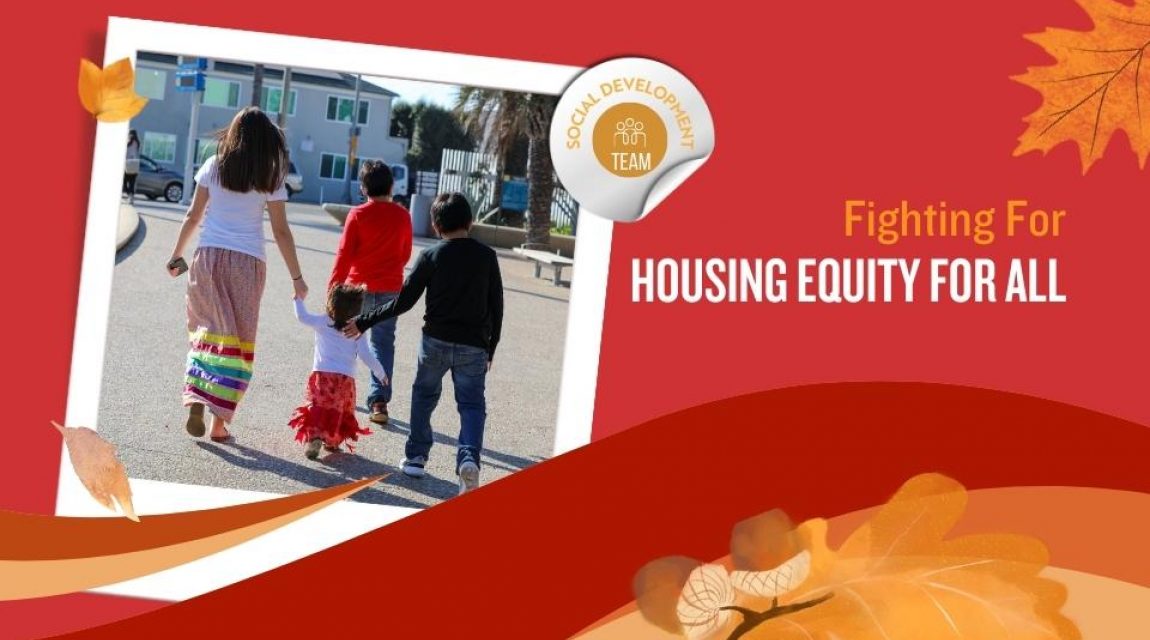Documenting Housing Needs
Supported by the Office of the Federal Housing Advocate (OFHA) at the Canadian Human Rights Commission, NWAC is undertaking a project to explore, document, and advocate for the housing needs of Indigenous Two-Spirit, transgender, non-binary, and gender-diverse+ (2STNBGD+) people.
Current events in the media highlight that in all areas of life, including access to housing and housing-related services, Indigenous 2STNBGD+ individuals face extra layers of discrimination due to ignorance, intolerance, irrational fears, a lack of empathy, racism, and heteronormative and cisnormative biases and stereotyping—that people identify with the sex they were assigned at birth—and the stereotyping associated with these biases (Thomas et al.). (Note: Cisnormativity is the societal, systemic, or personal prejudice that assumes that a person’s gender identity should align with a sex assigned at birth and asserts that this is the correct or ideal form of gender identity and expression.)

